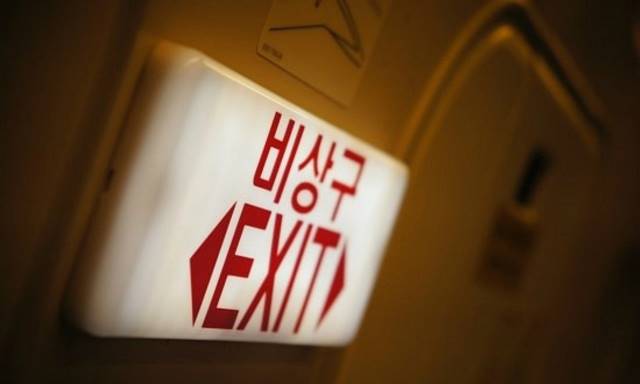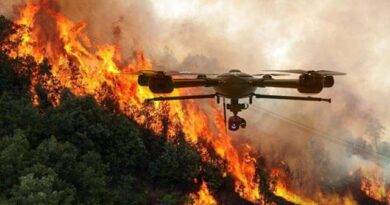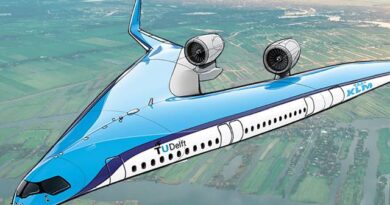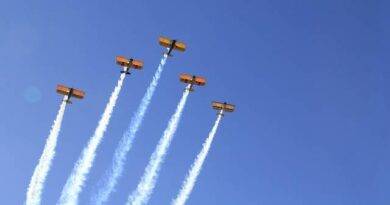Will AI Replace Pilots? Examining the Future of Aviation
The aviation industry has always been at the forefront of technological advancements, and the rise of artificial intelligence (AI) is no exception. With AI rapidly evolving, there has been speculation about the possibility of AI replacing human pilots in the near future. This article explores the current state of AI in aviation and examines the potential impact it may have on the role of pilots. Will AI replace pilots? Let’s look for an answer…
The Current Role of AI in Aviation
AI technology has already made significant strides in the aviation industry, particularly in areas such as flight planning, weather prediction, and aircraft maintenance. Automated systems have improved safety, efficiency, and accuracy in various operational aspects. However, despite these advancements, the role of pilots remains indispensable.
The Importance of Human Judgment and Decision-Making
One crucial aspect that distinguishes human pilots from AI systems is their ability to exercise judgment and make complex decisions in unpredictable and unique situations. Pilots are trained to assess multiple factors, including weather conditions, mechanical failures, and human emergencies, and make critical choices that prioritize safety. AI systems, while capable of analyzing vast amounts of data, lack the human intuition and adaptability required in such scenarios, at least for now.

The Role of Pilots in Emergency Situations
Emergencies and unexpected events demand quick thinking and the ability to adapt on the spot. In these critical moments, human pilots possess invaluable skills, such as situational awareness and the ability to communicate and coordinate with air traffic control, crew members, and passengers. The presence of a skilled pilot on board can make a significant difference in managing and resolving emergencies, ensuring the safety of all those on board.
Public Perception and Trust
While AI technology has made remarkable progress, public perception and trust play a crucial role in the acceptance of AI-driven pilotless flights. Passengers, in general, tend to feel more at ease knowing there is a human pilot overseeing the operation. The psychological comfort provided by a human presence helps build trust and reassurance, which is particularly important during high-stress situations and emergencies.
The Future Outlook
While complete automation of commercial flights remains a topic of speculation, it is more likely that AI will continue to play a complementary role to human pilots in the foreseeable future. Enhanced AI systems may assist pilots with routine tasks, navigation, and data analysis, ultimately improving operational efficiency and safety.
Moreover, AI technology can also contribute to training and simulation programs, allowing pilots to enhance their skills and practice in virtual environments. This integration of AI into pilot training programs can result in better-prepared and more competent pilots, further enhancing overall aviation safety.
The integration of AI in aviation holds tremendous potential for enhancing safety, efficiency, and operational capabilities. However, the human pilot’s role is indispensable, especially when it comes to critical decision-making, handling emergencies, and maintaining public trust. While the aviation industry may witness increased reliance on AI-driven systems, the partnership between human pilots and AI technology will continue to be essential in ensuring safe and successful flights. As a result, will AI replace pilots? The answer we can give right now is – No!
References:
- “Artificial Intelligence in Aviation,” IATA. Link
- “The Role of the Human Pilot in the Age of Automation,” Boeing. Link
- “The Impact of Artificial Intelligence on the Aviation Industry,” Forbes. Link
- “Artificial Intelligence in Aviation: Use Cases and Applications,” Emerj. Link
- “The Future Role of Humans in the Age of Automation,” NASA. Link



